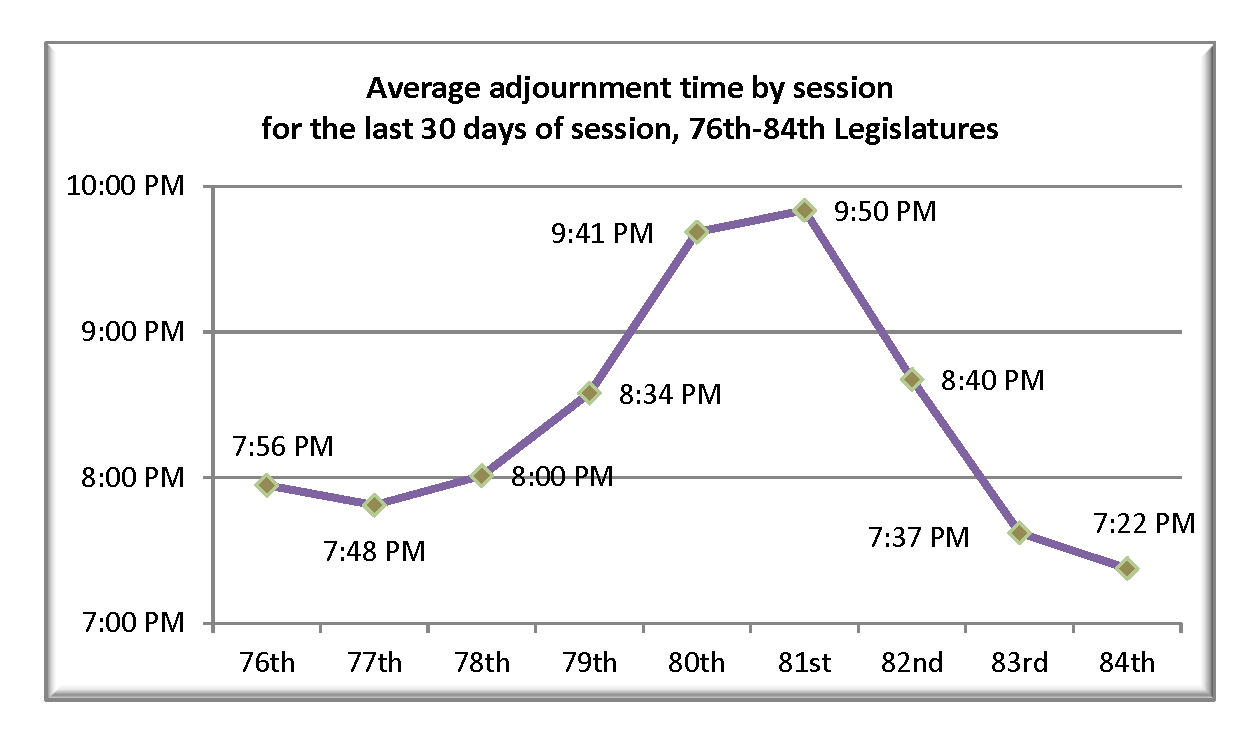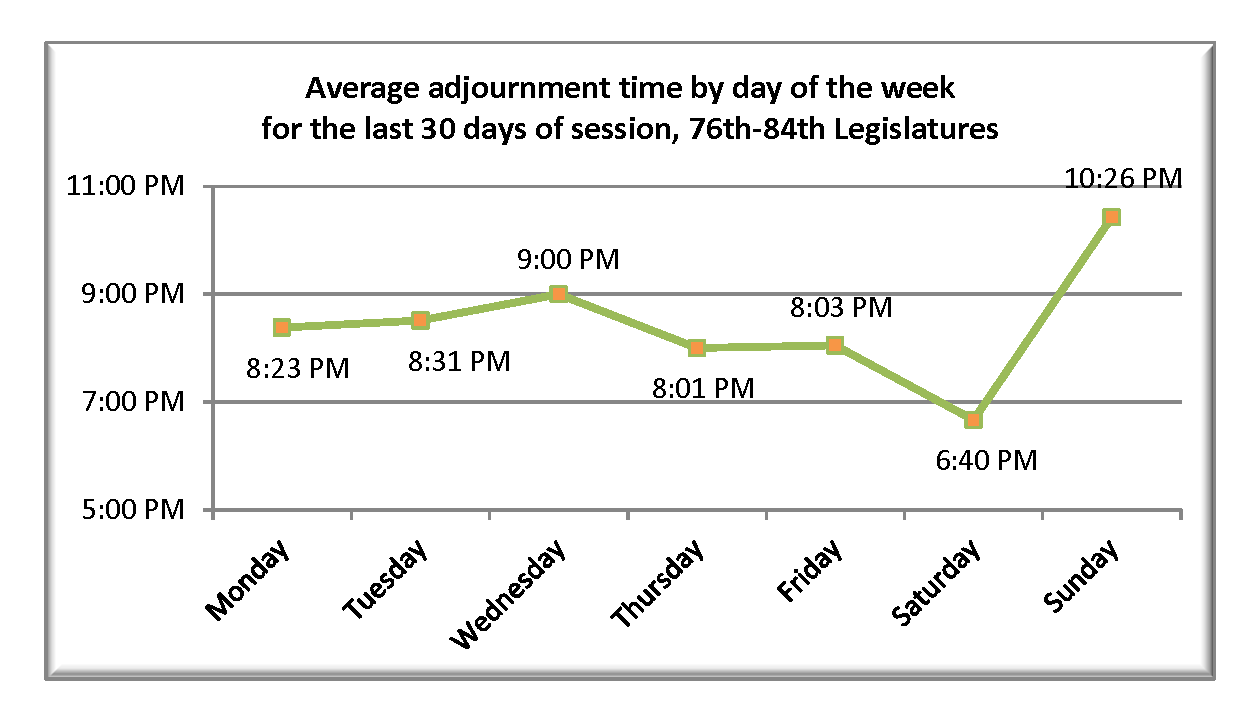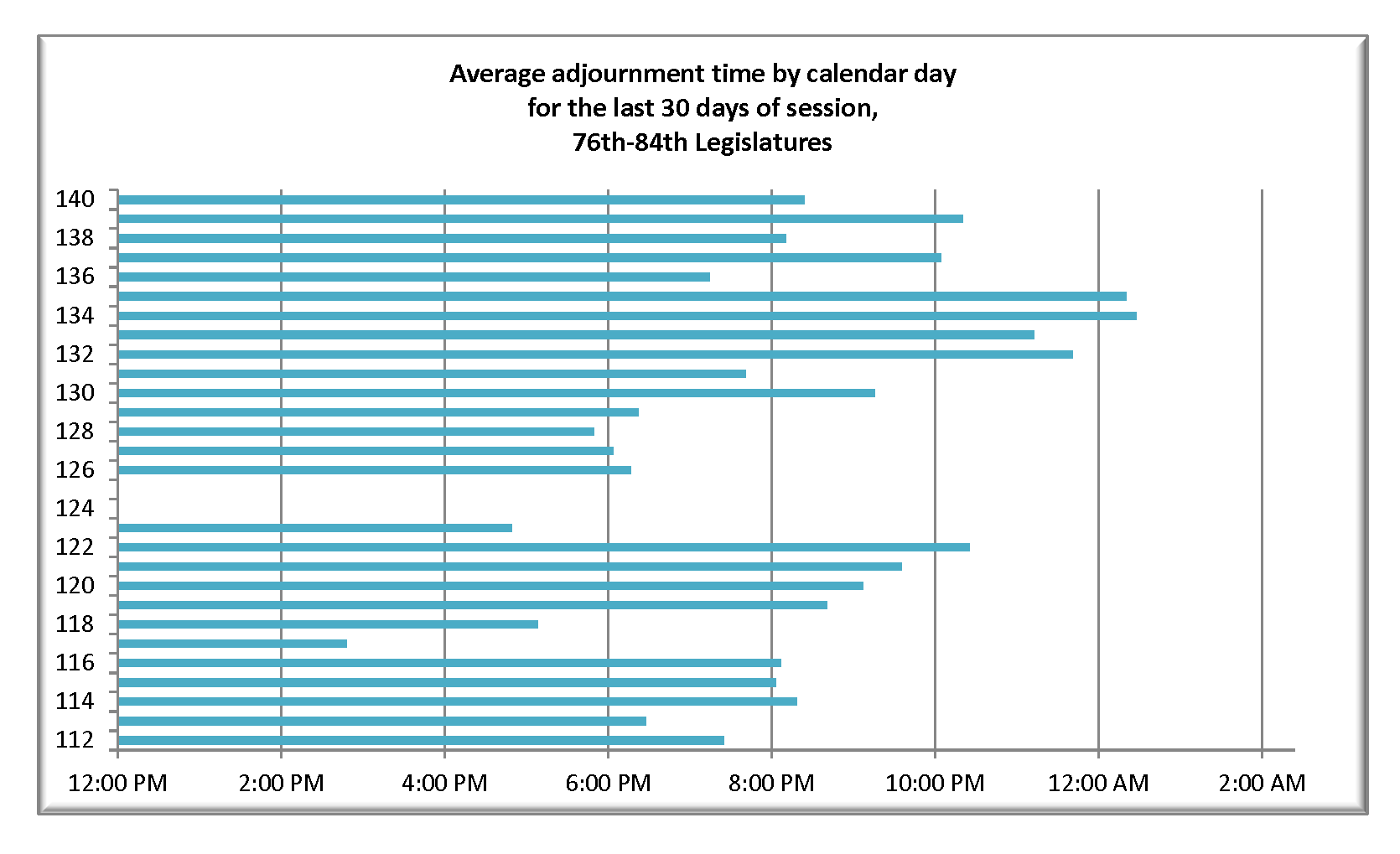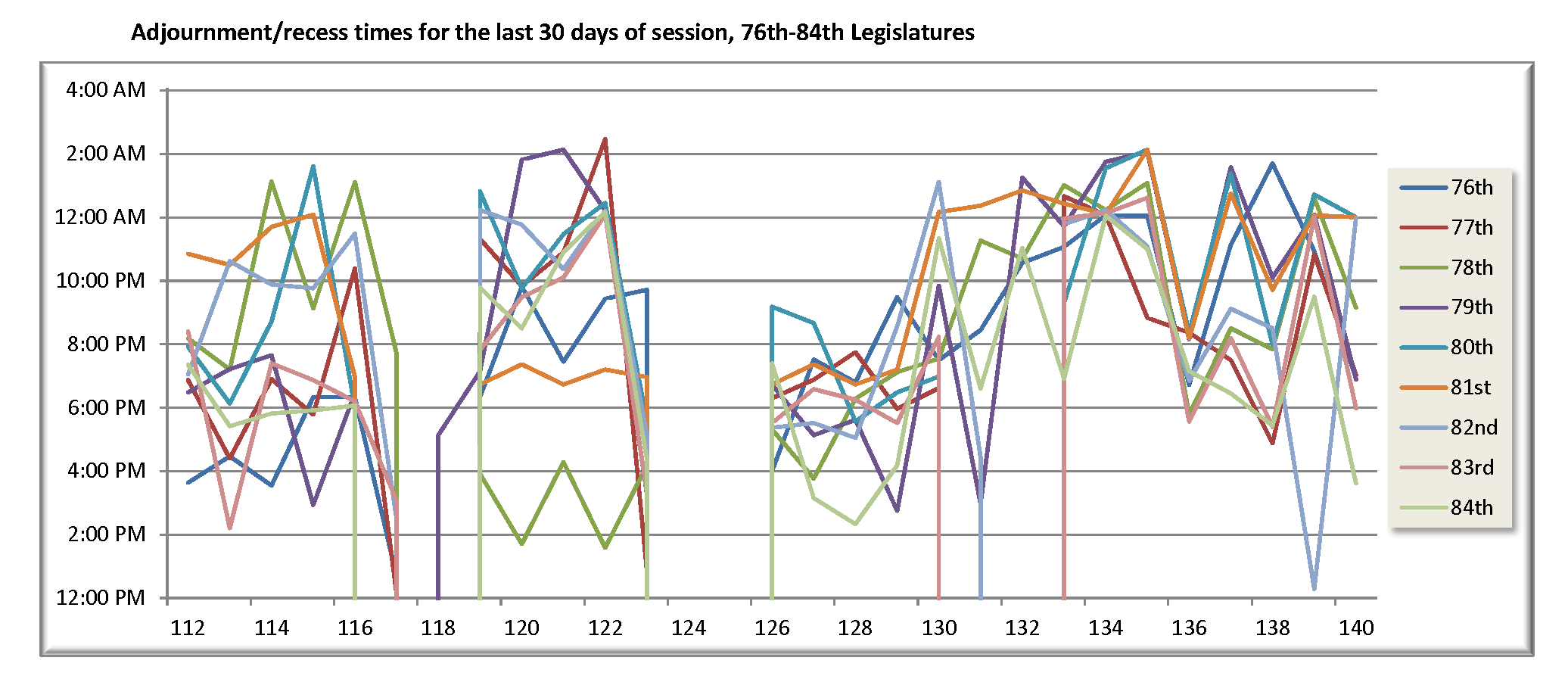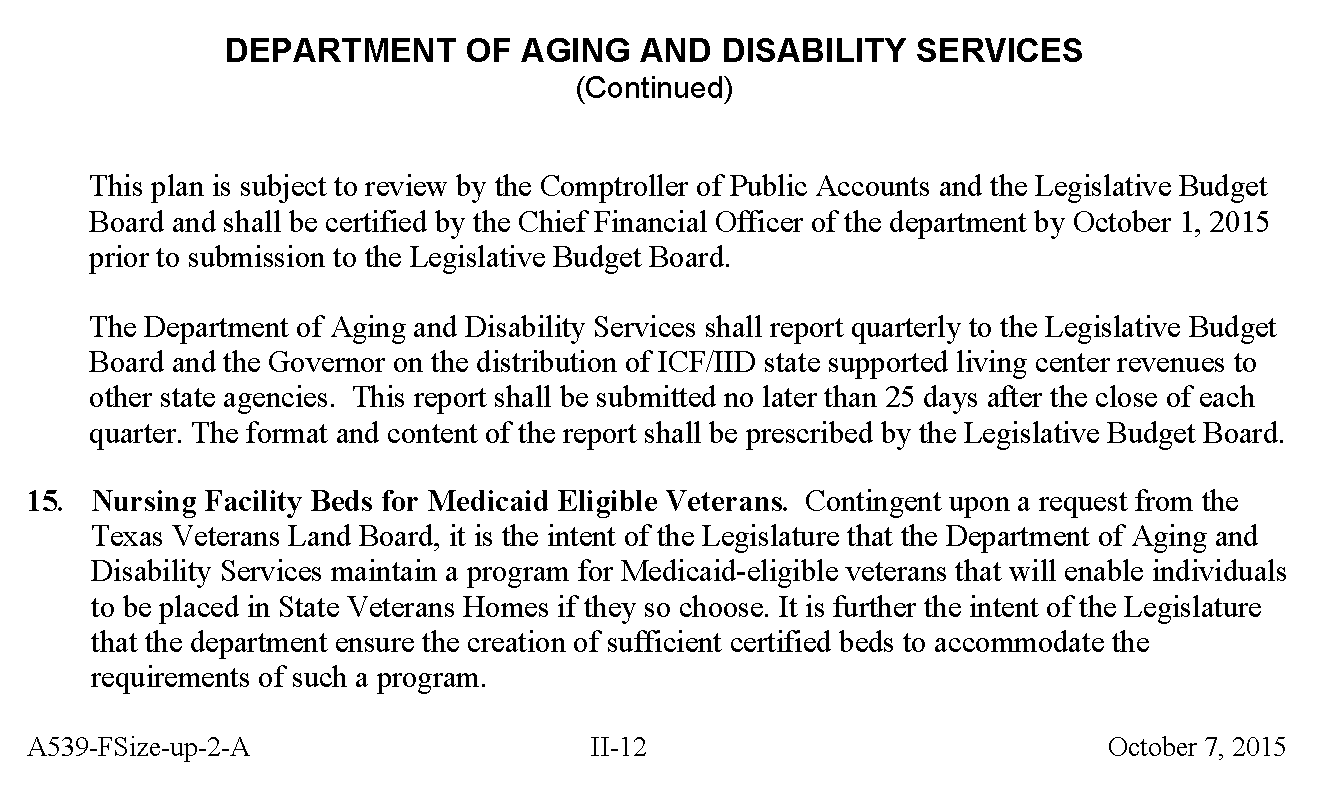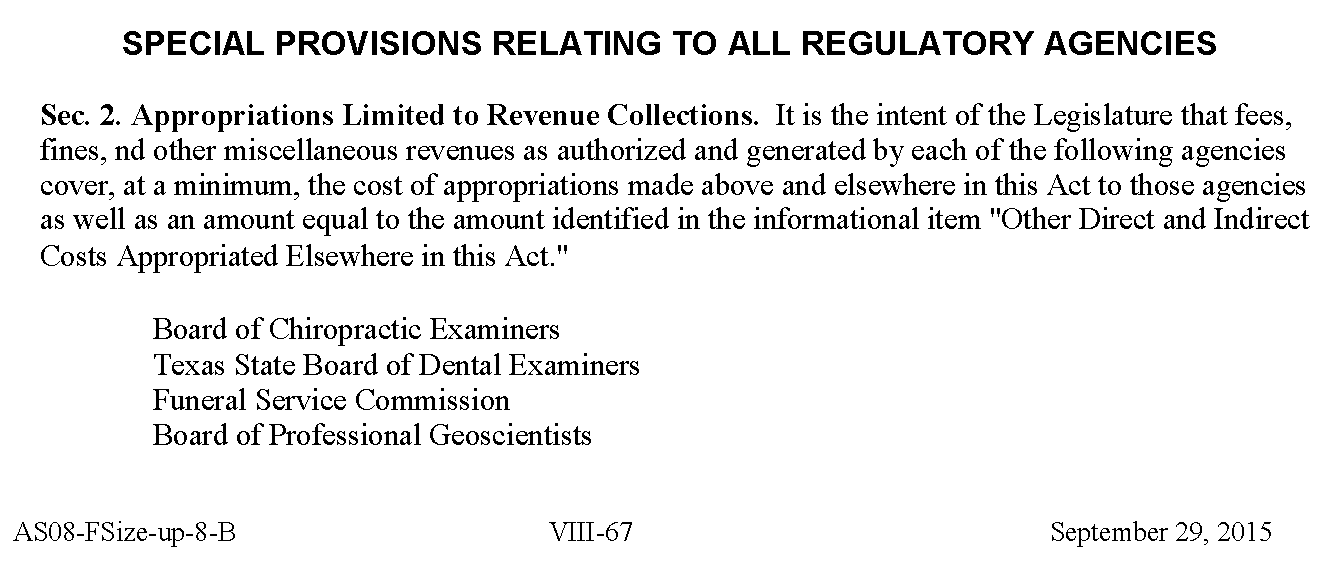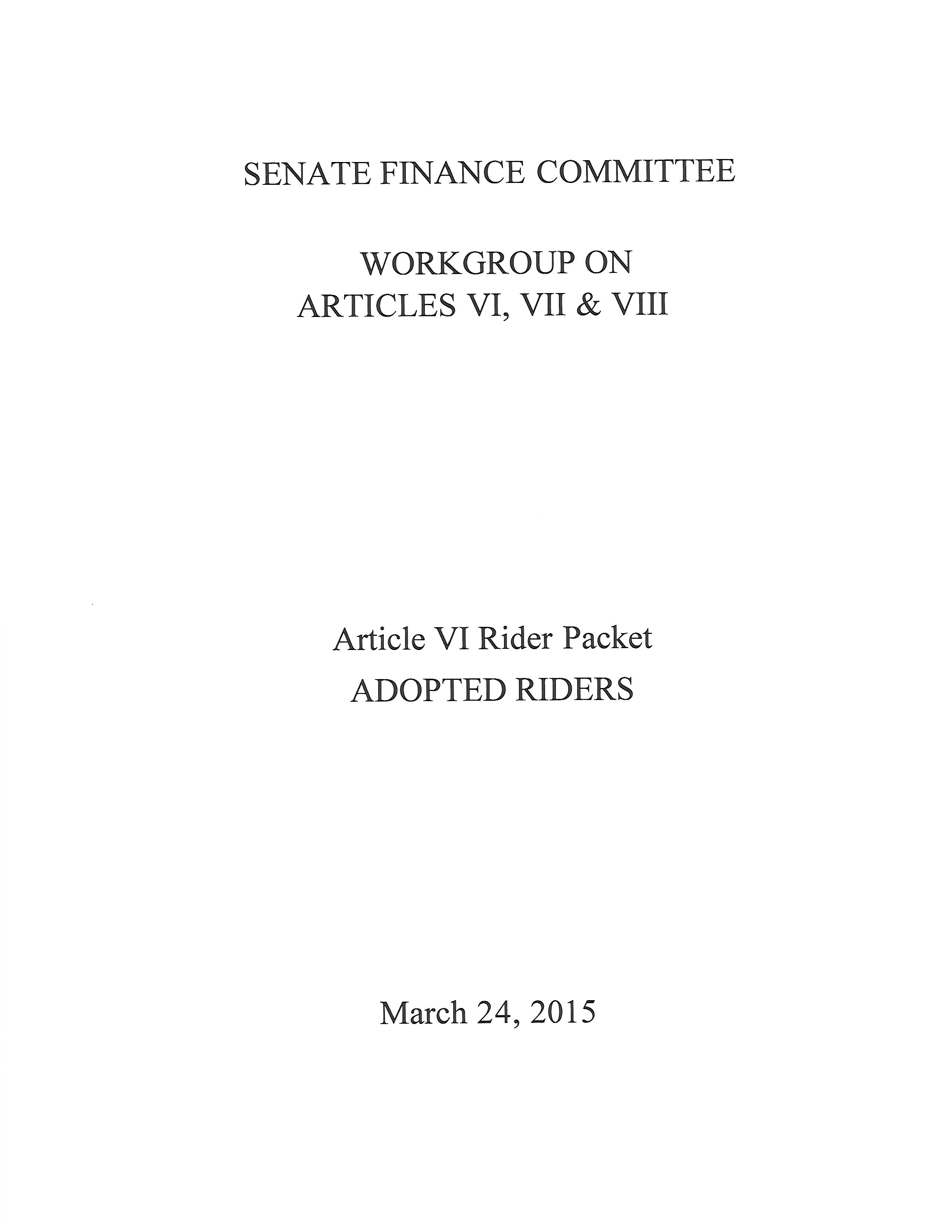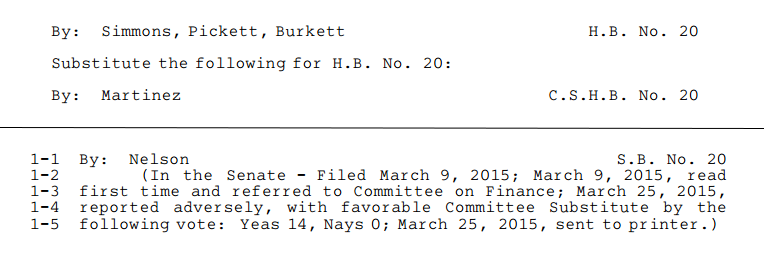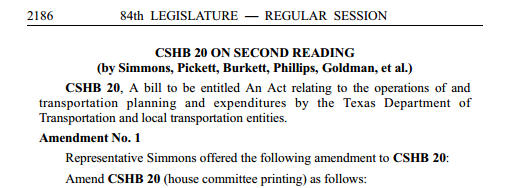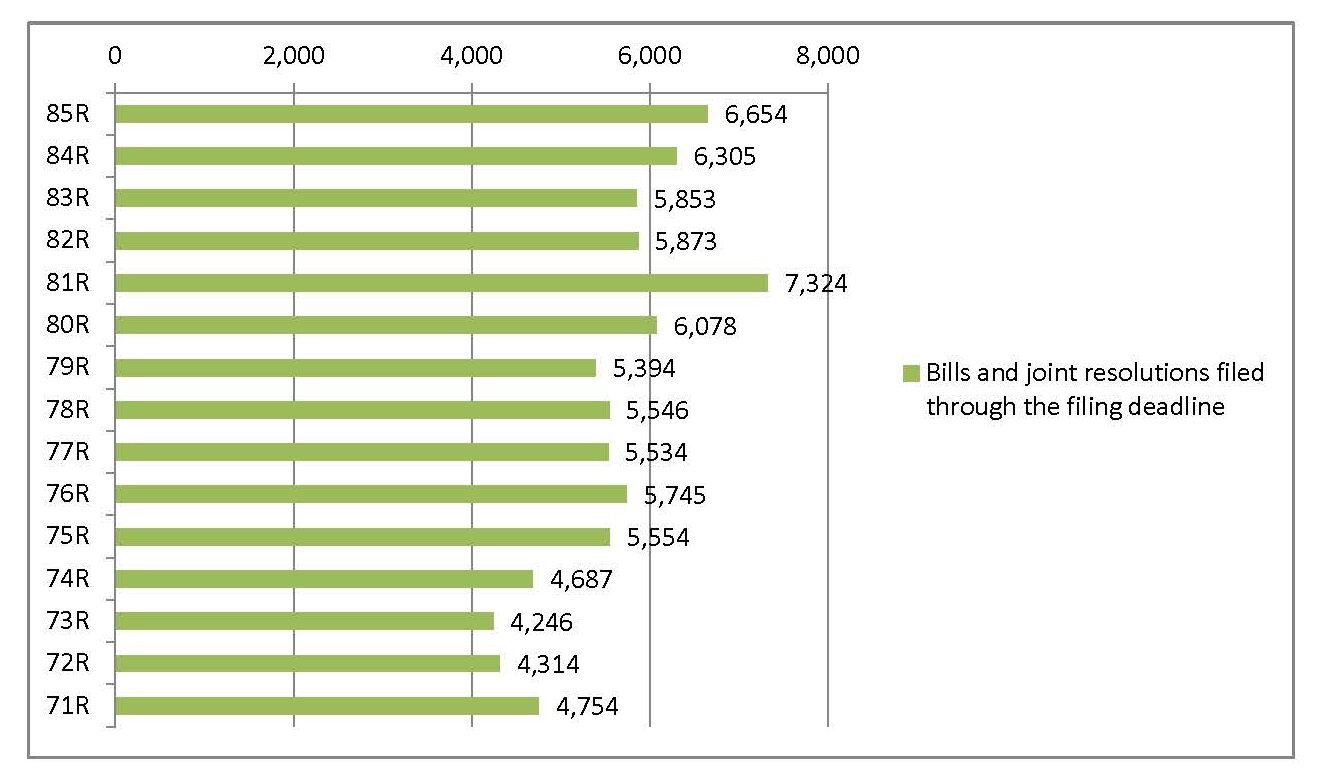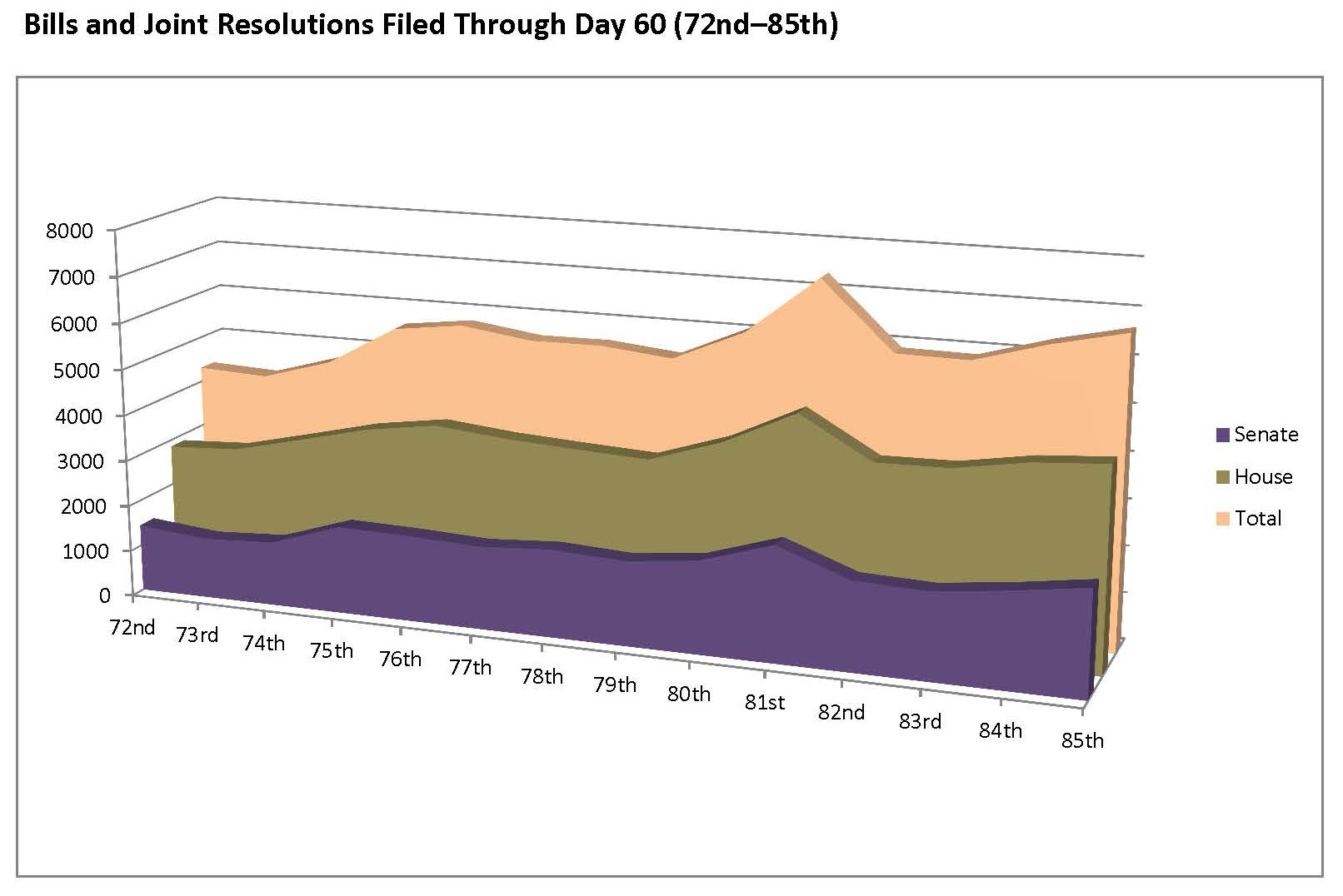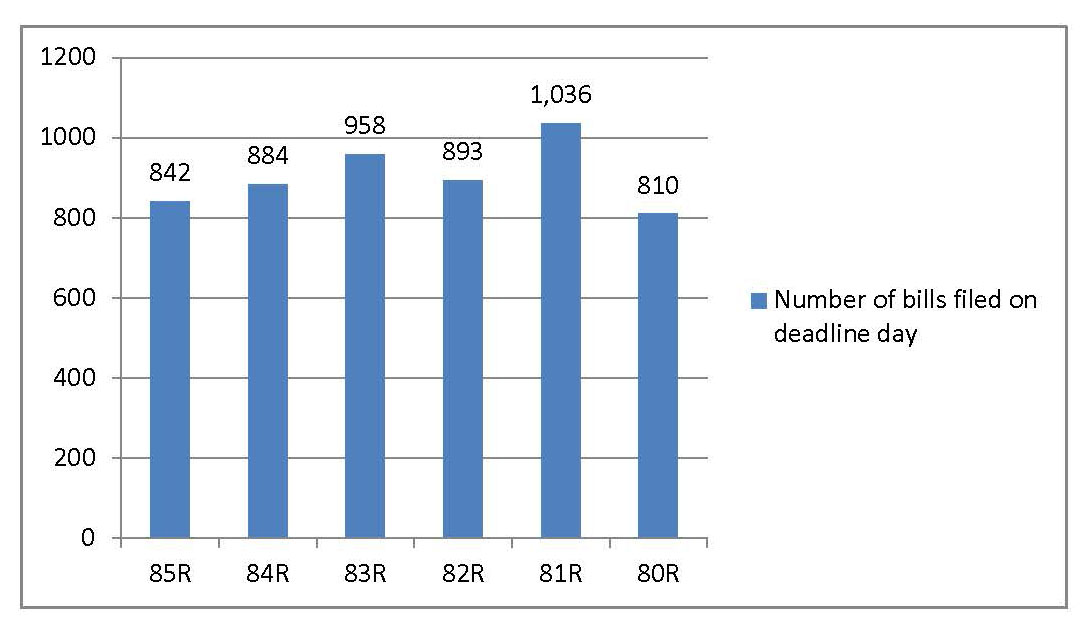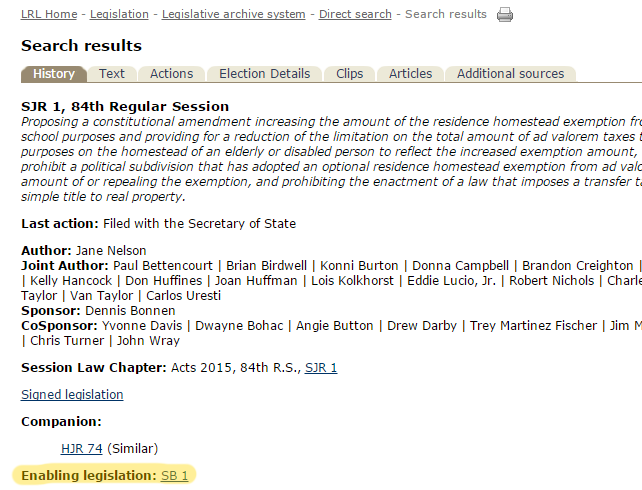Bill Amendment FAQ
May 17
Please note that this post addresses amendments offered during committee or floor consideration.
What is an amendment?
An amendment is a change to a bill or resolution that is proposed either during committee or floor consideration.
During committee consideration of a bill, amendments can be offered by a member of that committee, whereas any member can offer amendments to a bill during floor consideration.
When can bills and resolutions be amended?
A floor amendment can be offered during second reading or third reading consideration of a bill. During the second reading of a bill, each amendment must be approved by a majority of the members present and voting to be adopted. However, a vote of two-thirds of the members present is required to adopt an amendment during the third reading of a bill.
Like floor amendments, a committee amendment must also be approved by majority vote of the chamber in which the bill is pending. A committee amendment is laid out and subject to debate on the chamber floor during the second reading consideration of the bill.
Where can I find information about amendments?
For amendments to current or recent legislation, use the Amendment Search on the Texas Legislature Online (TLO). This search tool allows you to use the following parameters to narrow your search results:
- Legislature
- Amendment Chamber
- Author
- Bill Number
- Reading
- Type
- Action
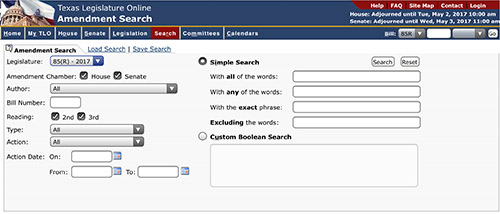 |
|
The "Amendment Search" engine on TLO is located under the "Search" tab.
|
The ability to search for text within an amendment is particularly useful to see if language from one bill has been added by an amendment to another bill.
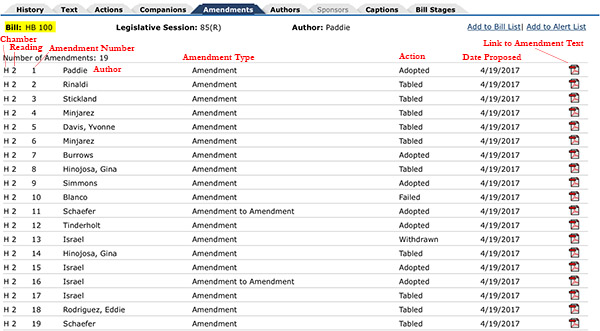 |
|
An explanation of the columns of information in the "Amendments" tab is provided above.
|
The "Amendments" tab in TLO contains more information about amendments, including the author of the amendment, amendment type, action, date the amendment was proposed, and link(s) to the amendment text.
The Current Amendment feature on TLO displays the text of amendments as they are considered on the House floor.
If you are conducting historical research about a bill, use the Legislative Archive System database and the collection of scanned House and Senate Journals to look for amendment-related information. Bill files, which can be found under the "Text" tab, contain adopted amendments, while journals contain all proposed amendments.
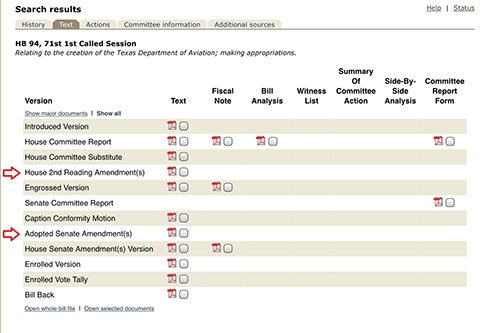 |
|
When using the Legislative Archive System, the bill file is located under the "Text" tab.
|
More information about amendments can be found in the following resources:

